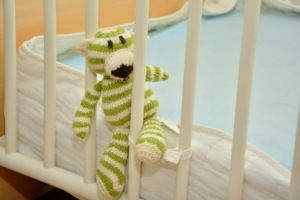News
Denmark registers a sharp rise in stillborn children
This article is more than 4 years old.
From 2015-2018 the share of stillborn children at full term almost doubled to 0.74 per 1,000 births

Health authorities looking into reasons behind increase (photo: Pixabay)
Back in 2013, Denmark had the lowest frequency of stillborn children at full term in the world.
But new figures from city hospital Rigshospitalet have revealed that things are going in the wrong direction as of late.
The figures showed that from 2015-2018 the share of stillborn children at full term almost doubled to 0.74 per 1,000 births.
The risk of the child dying increases the longer a pregnancy exceeds full term.
So back in 2012, the hospitals changed their procedure so that all women were offered to be induced before reaching the 42nd week of pregnancy.
Initially, it seemed to have an immediate effect.
“Here we were thinking that everything was ok. But now the figures show that we are not inducing the women at the right time,” Øjvind Lidegaard, the professor behind the Rigshospitalet report, told DR Nyheder.
READ ALSO: One in four young people believe birth control protects against STDs
Meeting guidelines
The health authority Sundhedsstyrelsen has set up an interdisciplinary group to look into the matter.
Currently, Sundhedsstyrelsen has clear recommendations – all births must be induced three to five days into week 41 of pregnancy.
However, Rigshospitalet figures revealed that the recommendations are not met in 13 percent of cases.










































